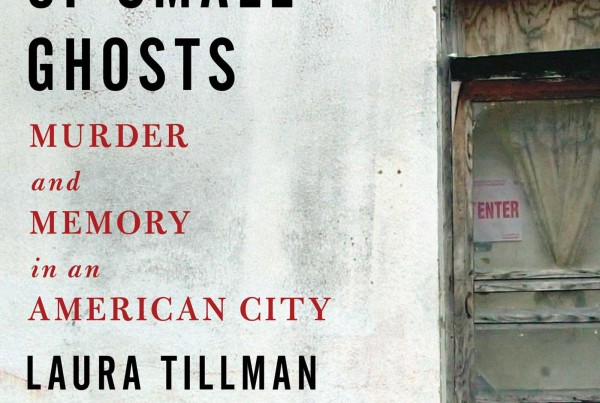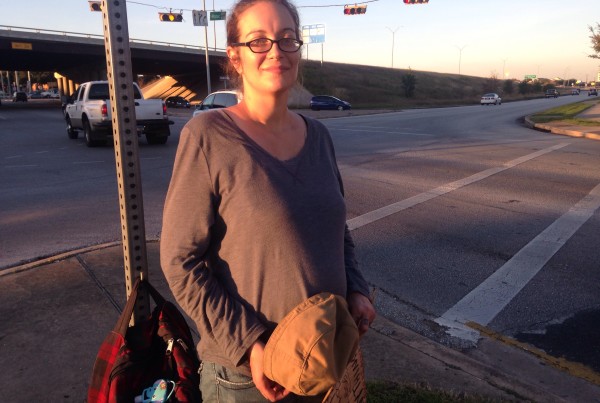Since the 1980s, the federal government has cut Medicaid and Medicare reimbursement programs to hospitals in response to rising healthcare costs – a move that has been most acutely felt in rural America.
Over the past five years alone, nearly 70 rural hospitals have shuttered their doors nationwide – 13 of those right here in Texas. Adding insult to injury, some residents in communities who depend on those hospitals may have hastened their hospitals demise, perhaps unwittingly.
Alexa Garcia-Ditta, reporter for the Texas Observer, went to Bowie to see how that community dealt with the closing of Bowie Memorial Hospital in November 2015.
Garcia-Ditta says administrators at Bowie Memorial tried to create a taxable hospital district back in 2011, so they could bring in revenue for the hospital, which was losing money. But the measure didn’t pass.
“Residents at that time opposed passing a new tax for their community,” she says. “Those cuts that they had been experiencing continued.”
Administrators tried to pass a hospital district again in November 2015, but it failed a second time. “(Some) residents came out in full force against it,” she says.
Garcia-Ditta says many Bowie residents were shocked when the hospital was actually closed – some hadn’t thought the hospital would actually close so they didn’t vote for the tax measure.
“Several residents told us that they had friends or family members or knew of people in the community that just didn’t believe the hospital would actually shutter,” she says. “Everyone was shell-shocked when it actually happened in mid-November.”
Bowie, situated between Fort Worth and Wichita Falls, has only two ambulances and the closest hospitals in Decatur and Nocona are 20 to 30 miles away. “Physicians have been sending patients there for more complicated medical needs, for testing, lab work,” she says. “It was a pretty big impact pretty quickly.”
Garcia-Ditta says the closing of Bowie Memorial reflects the state of rural community health care across Texas.
“What happened in Bowie, with its hospital district election, really highlights the importance of local elections, local engagement,” she says. “When a community loses its hospital, it’s not just losing a source of health care. The impact has a ripple effect across people’s lives and jobs and the city as a whole.”















